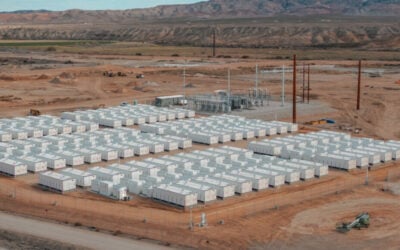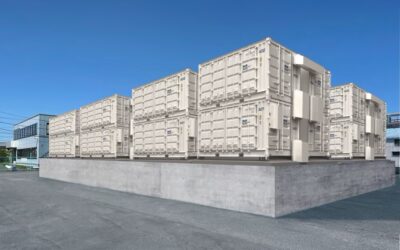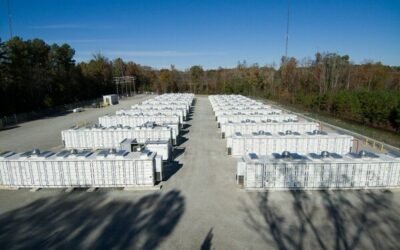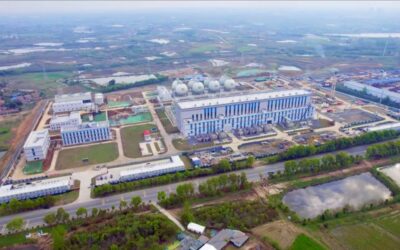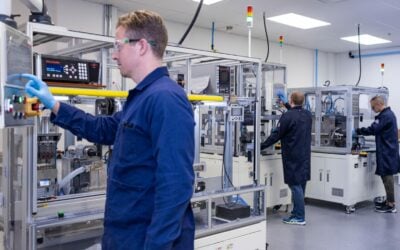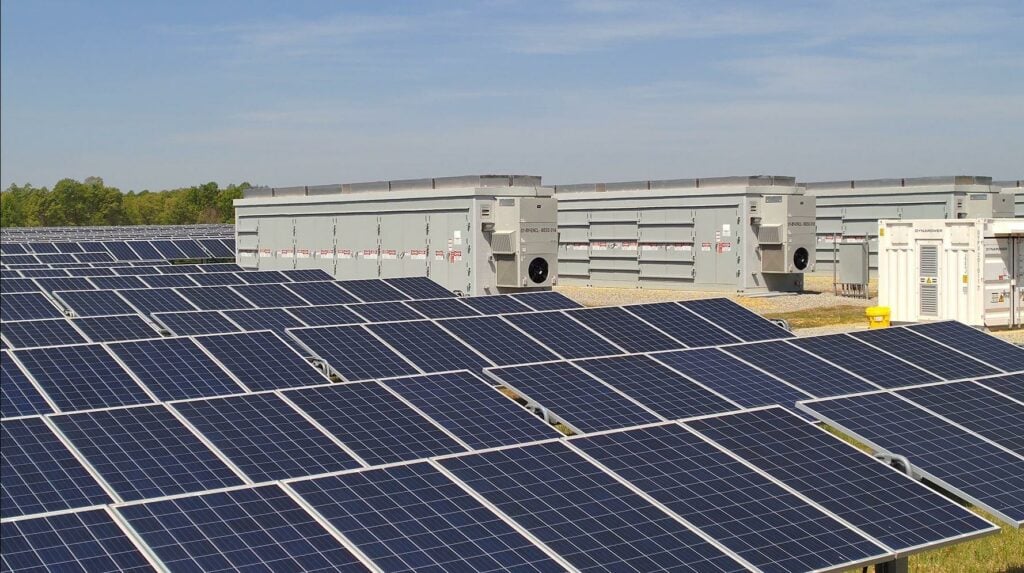
Dominion Energy will pilot the deployment of a novel metal-hydrogen battery, making it the latest new non-lithium technology the US utility is trying out.
The company will deploy the tech, from startup Enervenue, at a community event space on campus at Virginia State University (VSU), its local subsidiary Dominion Energy Virginia said last Thursday (16 November).
Enjoy 12 months of exclusive analysis
- Regular insight and analysis of the industry’s biggest developments
- In-depth interviews with the industry’s leading figures
- Annual digital subscription to the PV Tech Power journal
- Discounts on Solar Media’s portfolio of events, in-person and virtual
Or continue reading this article for free
Enervenue’s storage technology is based on nickel and hydrogen, with design based on a technology in use by NASA and others for outer space power applications. Crucially, Enervenue believes it has struck upon a cheaper version of the tech, made with abundant materials and capable of performing around 30,000 cycles of charging and discharging before it needs replacing.
That makes it roughly between three and five times more durable than lithium-ion battery technology, and Enervenue also claims its nickel-hydrogen battery is much more fire-safe too. The company, led by CEO Jorg Heinemann, a former executive at solar company SunPower and flow battery maker Primus Power, is building a factory complex in Kentucky and has claimed it has multiple gigawatt-hours of already-booked customer orders for deliveries beginning in 2025.
To this pipeline it adds a relatively modest 1.5MW at the installation for Dominion Energy Virginia at VSU. Storage capacity numbers were not provided in a Dominion release. However, the utility did say Enervenue’s tech will provide VSU’s Multi-Purpose Center (MPC) with backup power, and emphasised the nickel-hydrogen battery’s touted capability of providing 10-hours discharge duration.
Virginia’s energy storage target and Dominion’s role
According to Dominion Energy, the metal-hydrogen pilot project was proposed to the regulatory Virginia State Corporation Commission back in September, when the utility also proposed pilots for two other novel non-lithium technologies.
Those other two are the zinc hybrid cathode batteries made by Eos Energy Enterprises and Form Energy’s iron-air batteries, as reported by Energy-Storage.news back when the proposals were filed with the regulator. For some reason, news of Enervenue’s technology being involved alongside its two long-duration energy storage (LDES) peers was not widely publicised at the time.
Eos’ technology is designed for applications requiring up to around 12 hours of storage duration, and is already available for commercial deployment, whereas Form Energy’s tech – based around the rusting and de-rusting of iron – is designed for ‘multi-day’ storage of up to 100 hours and is at an earlier stage of commercialisation, with the first pilots with utilities due to begin next year [check].
While the Eos and Form pilots are due to go into operation in late 2026, if approved, the Enervenue pilot will be commissioned and go into service the following year.
As a State, Virginia has one of the US’ more ambitious energy storage policy targets, aiming to deploy 3.1GW of storage on the grid by 2035.
Dominion Energy is the biggest investor-owned utility (IOU) operating within the state and has been tasked with procuring the lion’s share of that targeted amount, 2,700MW, while other utilities will contribute smaller portions.
The utility is beginning that journey with its series of pilot projects, designed to test out different technologies, durations and applications of energy storage.
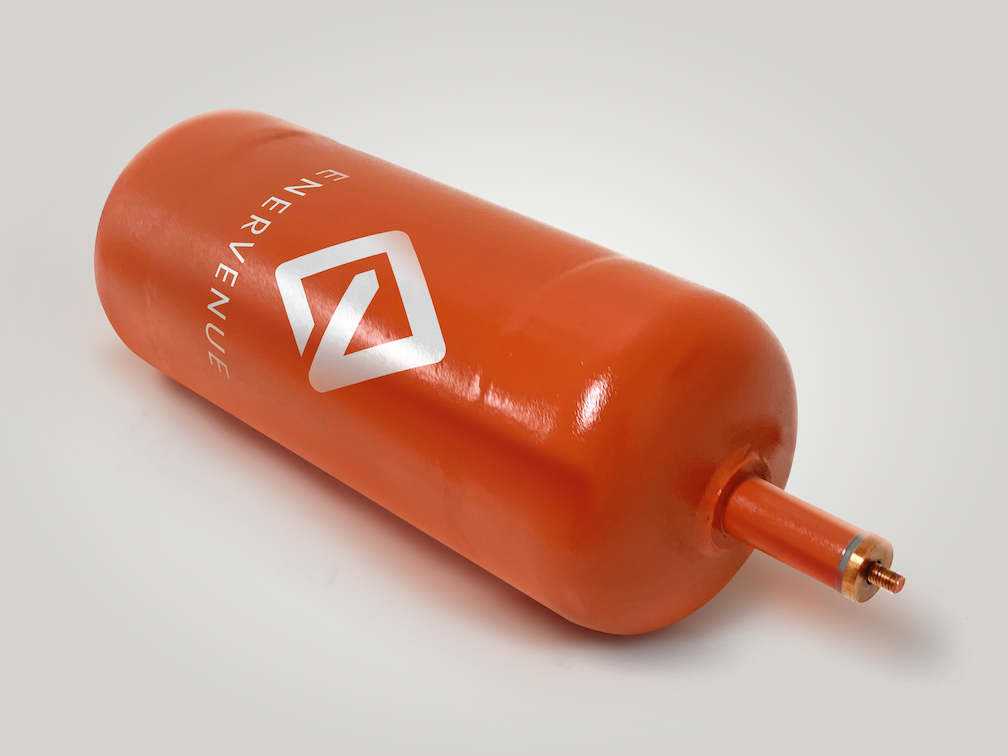
Dominion completed its first lithium-ion (Li-ion) battery energy storage system (BESS) pilots in August 2022. In August of this year, it broke ground on a large-scale solar-plus-storage project at Virginia’s Dulles International Airport, featuring 100MW of solar PV and 50MW of BESS technology, alongside electric vehicle (EV) charging infrastructure.
Meanwhile, the nickel-hydrogen battery system from Enervenue will also serve as a teaching tool for VSU students at its College of Engineering and Technology.
“These projects could be game changers for how we store energy and deliver it to our customers. With longer-duration batteries, we can store energy from renewables for longer periods of time so it’s available when our customers need it the most. We’re thrilled to partner with Virginia State University on this cutting-edge project,” Dominion Energy Virginia president Ed Baine said.

